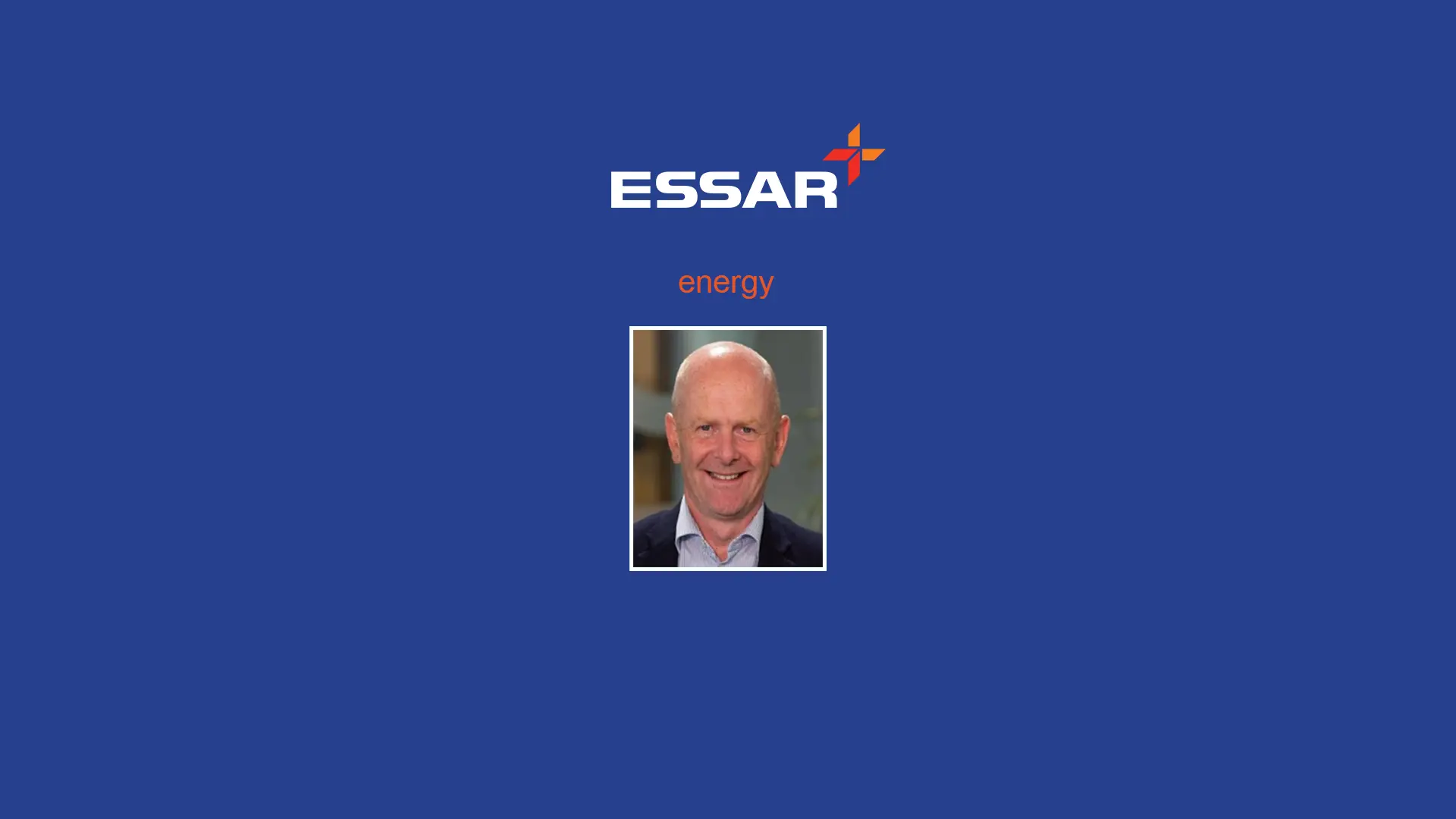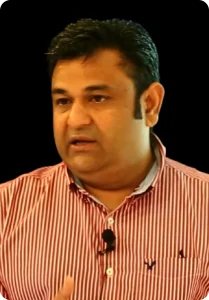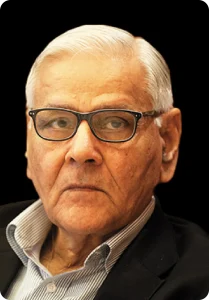Stanlow, August 29, 2024 – EET Fuels (the trading name of Essar Oil (UK), the Company), is pleased to announce the appointment of Adrian Curry as Chief Decarbonisation Officer of EET Fuels effective 2nd September, 2024.
Adrian will lead the development and implementation of EET Fuels’ energy transition strategy, with the goal of delivering the world’s leading low carbon process refinery. He brings extensive experience as a seasoned Chair, Managing Director, and Board member across Europe, the Middle East and Africa (EMEA), with a proven track record of establishing and growing disruptive businesses, large-scale manufacturing, and major capital projects.
His recent roles include Strategic Advisor and Managing Director at Encirc, Non-Executive Director at Glass Futures, member of the North West Business Leaders Team, and a Board member at British Glass and the Gallo Glass Company. He has also been a member of the San Telmo Business School International Advisory Board, and a Commissioner of Sustainable & Inclusive Growth at Cheshire and Warrington Local Enterprise Partnership
Adrian holds certifications in Business Administration and Management (ALP) from Timoney Leadership School (2014) and Advanced Management Programme (AMP) from IESE Business School, and studied Electrical and Electronic Engineering at the University of Ulster, Jordanstown.
Deepak Maheshwari, CEO, EET Fuels, said “Adrian’s appointment demonstrates our commitment to all but eliminating our carbon dioxide emissions. His expertise and established regional leadership will help to ensure that we continue to make a positive contribution to the regional and national economy.”
Tony Fountain, Managing Director, Essar Energy Transition, said: “Adrian’s appointment is a significant step in our transition to a low carbon future. We are committed to establishing a leading low carbon energy transition hub and, alongside the agreement to purchase Thornton Science Park, this appointment demonstrates our plan to playing our part to ensure that the UK delivers on its climate change goals, enhances energy security, and maintains a strong, secure manufacturing base for fuels.”
Adrian Curry, Chief Decarbonisation Officer, EET Fuels said: “I am thrilled to join EET Fuels and contribute to the company’s sustainable future. The Company’s commitment to decarbonisation is incredible. It fully aligns with my passion for driving growth and innovation while reducing carbon emissions. I look forward to working with the team to achieve our goals.”
Ends
Media contacts
Michelle Lewis, Corporate Affairs Director, EET Fuels
michelle.lewis@eetfuels.com / 07805 854169
Rebecca Eatwell: Font Communications
rebecca@fontcomms.co.uk / 07827 353113
NOTES TO EDITORS
About EET Fuels
EET Fuels is committed to playing a key role in the decarbonisation of the UK economy, with ambitious plans to build an energy transition cluster in the North West of England.
EET Fuels is transforming for tomorrow and is committed to becoming the UK’s first low-carbon refinery at the heart of HyNet, the UK’s leading industrial decarbonisation cluster. It is investing $1.2 billion over the next five years to decarbonise its operations and targeting a 95% cut in emissions by 2030 through energy efficiency, carbon capture and fuel switching. This will deliver a 12.5% reduction the North West’s overall industrial carbon emissions.
Industrial carbon capture will deliver an annual emissions reduction of ~1 million tonnes of CO2 and fuel switching from natural gas and refinery off gas to EET Hydrogen low carbon hydrogen as a fuel source will deliver an additional annual emissions reduction of ~1 million tonnes of CO2. This investment ensures the sustainability of this critical national asset, supporting high value employment and UK energy security resilience.
The Stanlow Refinery is one of the UK’s largest and most complex refineries, processing approximately 10 million tonnes of crude oil each year. It supplies a significant portion of the UK’s road transport fuels, including petrol, diesel, and jet fuel. Additionally, Stanlow plays a crucial role in Britain’s petrochemical industry by providing essential feedstocks.















































